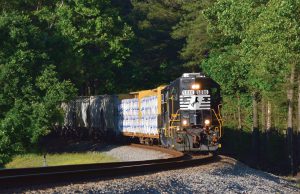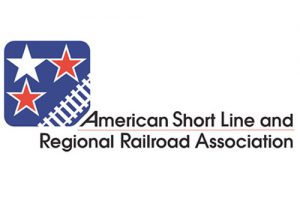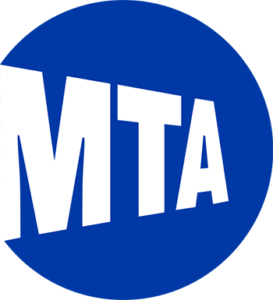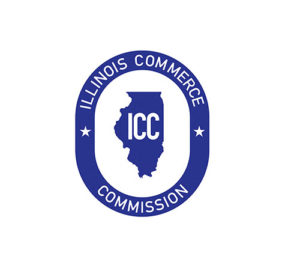Ripple Effects of Baltimore Bridge Collapse on Rail Industry and Supply Chains
Written by David C. Lester, Editor-in-Chief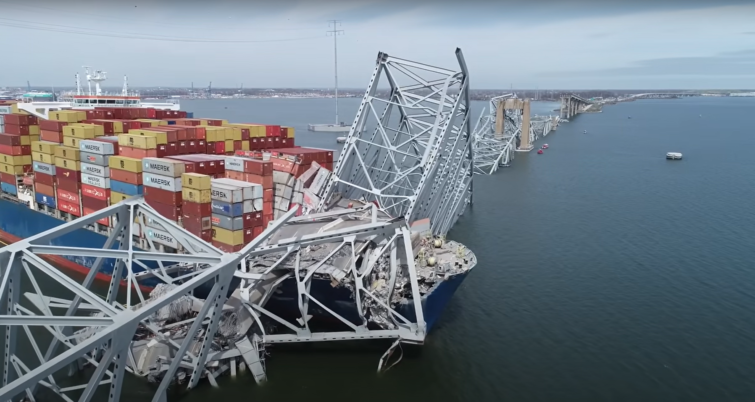
ATLANTA –– The collapse of the Francis Scott Key Bridge in Baltimore last week is having a ripple effect on eastern railroads and supply chains.
RT&S reposted a Railway Age story about the bridge collapse which you can read via this link.
The Wall Street Journal reported that the Port of Baltimore was the second busiest port for coal last year, second only to the Port of Virginia in Norfolk. Shipping from the Port of Baltimore has been shut down and Maryland Governor Wes Moore said there is no estimate yet for the port’s reopening.
In addition to requiring re-routing of shipments, a number of ships have been anchored off the coast of Maryland in Chesapeake Bay, awaiting the reopening of the port or receipt of instructions for an alternate destination.
Both CSX and Norfolk Southern have been impacted by the bridge outage and each released a statement today about how they’re handling the situation.
CSX’s press release said the following:
“CSX is taking proactive steps to help mitigate freight shipment disruptions in the transportation industry by launching a dedicated service solution between Baltimore and New York, in response to the devastating March 26 incident in which a cargo ship collided with the Francis Scott Key Bridge leading to its collapse.
Our thoughts and prayers go out to the families affected by this tragedy and our sincere appreciation goes to the first responders tirelessly working on recovery efforts.
The CSX service solution, planned for implementation early next week, will help to manage the traffic flow that would typically transit through the Port of Baltimore. Leveraging strategic partnerships with steamship lines, CSX will transport freight between New York and Baltimore through its established international sales network, ensuring continuity for affected shipments.
While the timeline for resuming freight operations at the Port of Baltimore remains uncertain, we are in constant communication with our customers, providing timely updates on the status of their shipments. CSX is fully dedicated to meeting our customers’ transportation needs during this challenging period.
We appreciate the understanding and patience of all stakeholders as we navigate this situation together and remain committed to delivering reliable transportation solutions to support our customers through this temporary disruption.”
Norfolk Southern’s press release said:
“In response to the Francis Scott Key Bridge collapse, Norfolk Southern is taking proactive steps to mitigate supply chain disruption and ensure uninterrupted service for our customers. Just this morning, Norfolk Southern successfully transported cargo from the first Baltimore vessel diverted to Lambert’s Point in Virginia.”
“At Norfolk Southern, we understand the importance of rapid response, frequent communication, and innovative solutions during significant supply chain events,” said EVP and Chief Marketing Officer Ed Elkins. “Leveraging our extensive franchise footprint and strategic partnerships with ocean carriers, short line railroads, East Coast ports, and other transportation providers, we are providing our customers with a flexible, reliable service product that they can count on in this time of need.”
“Here’s how we’re addressing the situation:
New dedicated Intermodal service: Norfolk Southern is launching a dedicated service to facilitate the flow of freight between the Elizabeth Marine Terminal at the Port of New York and New Jersey and the Seagirt Marine Terminal in Baltimore. The service will start on April 5. We are already in discussions with Ports America to extend this service directly on-dock at their Seagirt Intermodal Container Transfer Facility. This expansion would benefit shippers close to Baltimore.
“Ports America is committed to deploying solutions that prioritize our customers’ needs,” added Rob Kusiciel, Chief Commercial Officer of Ports America. “Partnering with Norfolk Southern to manage the flow of cargo was a natural step for us to take in maintaining supply chain fluidity in the face of this crisis.”
Triple Crown Services, Inc.: Norfolk Southern’s Triple Crown Services, Inc. network will help facilitate the dedicated Intermodal service and work directly with cargo owners who need a door-to-door solution.
Frequent communication: We are in constant communication with affected international customers, port partners, and state officials to maintain the integrity of the global supply chain.
Regional collaboration: For example, Norfolk Southern is collaborating with the Port of Virginia, leveraging key service points like the Virginia Inland Port in Front Royal, to serve regions further afield, such as Western Maryland, Southern Pennsylvania, and Northern Virginia.
Automotive: Norfolk Southern’s Baltimore facility is not impacted by this outage. However, we have implemented an embargo for automotive traffic destined for Dundalk Marine Terminal, and we are working with our automotive customers to develop solutions that fit their needs for importing and exporting automobiles while the embargo is in place. Most of these diversions are still maturing as our customers review options along the East Coast. For example, we are working with automotive manufacturers to develop rail solutions through alternate ports of entry in Georgia, Florida, Delaware, New York, and New Jersey.
Break bulk cargo: Norfolk Southern is assisting multiple customers with break bulk cargo that traditionally moves through the Port of Baltimore, including lumber, pulp, and roll-on/roll-off traffic. We are helping these customers move their inventory with alternative transportation solutions amidst port shifts and supplier changes. For example, our partners at Fairwinds Landing in Norfolk, Virginia are offering customers an alternative location to move break bulk cargo.
Coal: We are continuing to work with shippers to utilize alternate river and East Coast port transloads, including our Lambert’s Point terminal in Norfolk, Virginia.”

Courtesy Norfolk Southern
While it is logical to assume that the bridge collapse has not had any major impact on traffic or rerouting on western railroads, RT&S reached out to both Union Pacific and BNSF just to check. As expected, both railroads reported that their traffic and routings had not been impacted by the bridge collapse.

